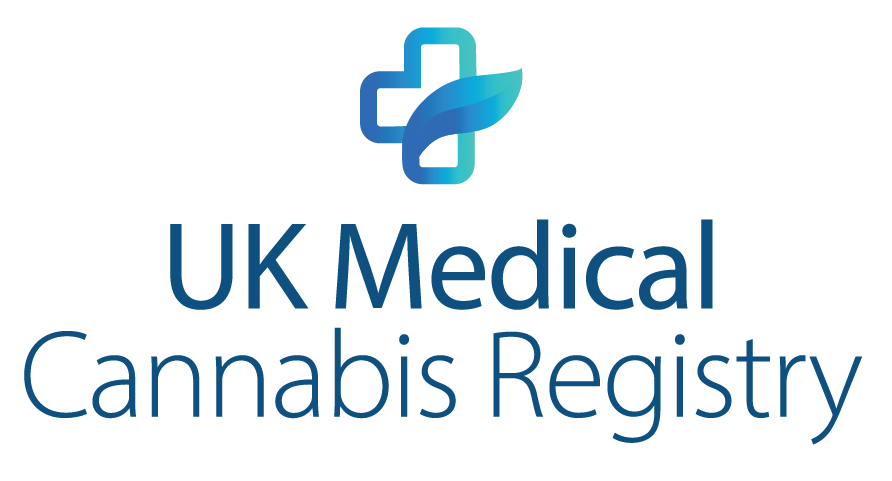Autism Spectrum Disorder (ASD) is a neurodevelopmental condition that affects communication, behaviour, and social interaction. The severity and presentation of symptoms vary from person to person, with some individuals requiring significant daily support while many others live independently.
One in 132 individuals globally are estimated to live with ASD, and the number of diagnoses is increasing[1]. Challenging behaviours – such as irritability, destructiveness, aggression, and hyperactivity – are reported in between 56% and 94% of children with a diagnosis of ASD[2]. Many of these behaviours, except for hyperactivity, are also observed in adulthood.
Although there is no cure for ASD, treatment typically looks to address challenging symptoms and co-existing mental health problems to improve quality of life. Medical cannabis may be prescribed to eligible patients for related symptoms such as anxiety, restlessness, and low mood. Research into the role of medical cannabis for symptom management is growing, but more is needed.
Existing Research
Interest in medical cannabis as a potential therapy for some of the common symptoms experienced by people with ASD has increased in recent years, though robust clinical data is still limited. Some recent studies found:
- In 2019, a study involving 188 children and adolescents with ASD explored the use of CBMPs[3]. The research suggested changes in mood, sleep, challenging behaviours, and overall quality of life, though validated outcome measures were not used to track progress over time.
- A 2021 study published in Scientific Reports evaluated over 180 children and young adults with ASD who were prescribed medical cannabis. The study found that 90% of participants reported symptom improvement, particularly with restlessness, rage attacks, and sleep disturbances.
- A 2022 review in Translational Psychiatry examined the role of the endocannabinoid system in regulating mood, behaviour, and cognition[4]. The review suggested that cannabinoids may influence certain ASD-related symptoms, though more research is required to understand this connection fully.

At Curaleaf Clinic, we recognise that the care we deliver should be as individual as the condition itself. While medical cannabis is not a standard therapy for ASD, some patients report positive changes in anxiety, aggression, and sleep. We continue to monitor ongoing external research in addition to conducting our own through the UK Medical Cannabis Registry to support tailored, evidence-based care.
UK Medical Cannabis Registry Study on ASD
A study published in the Therapeutic Advances in Psychopharmacology journal evaluated the effects of medical cannabis on adults with ASD[5].
Researchers used data from the UK Medical Cannabis Registry, the largest database of its kind in the United Kingdom. Established in 2019, the registry collects real-world outcomes from individuals prescribed CBMPs across the UK and the Crown Dependencies. As of 2025, it now holds data on more than 30,000 de-identified patients, with participants in this study recruited from Curaleaf Clinic, previously known as Sapphire Clinics.
The study aimed to explore the reported outcomes in patients with ASD prescribed CBMPs. Researchers analysed data from 74 adults, assessing changes in anxiety, sleep quality, and overall health-related quality of life at one, three, and six months using validated self-reported outcome measures.
The key findings included:
- Significant changes in anxiety, sleep, and health-related quality of life at one and three months.
- Sustained changes in sleep quality and overall wellbeing at six months.
- A reduction in the use of other medications, including a 33% decrease in benzodiazepine prescriptions and a 25% reduction in antipsychotic use.
Given the limited treatment options currently available for ASD, and the potential side effects of some standard medications, these results are encouraging. However, it’s important to note that medical cannabis will not be suitable for everyone, and more research is necessary to confirm long-term safety and efficacy.
Dr James Rucker, one of the study contributors and a psychiatrist at Curaleaf Clinic explained: “Adults with ASD face an array of challenging symptoms associated with the condition, which can have a devastating impact on their quality of life. The goal here is not to modify the core traits of autism. These can be valuable and invariably form a core part of a person’s identity. Rather, the goal is to alleviate the burden of associated symptoms, including debilitating generalised and social anxiety, severe insomnia, repetitive and distressing patterns of thought, and the emotional distress that can often occur in response to rapid change.”
As with any medical treatment, side effects were carefully monitored. Around 18.9% of participants reported mild to moderate adverse events, such as fatigue or dizziness, with severe side effects reported less frequently.
![]()
What’s Next?
While the results of this study are promising, experts highlight the need for further high-quality research, specifically randomised controlled trials, to strengthen the evidence base. Dr Simon Erridge, another study contributor and the Research Director at Curaleaf Clinic, emphasised: “These findings, whilst promising, do highlight the fact that further evaluation is required to improve our understanding of the potential effects of medical cannabis for adults with autism spectrum disorder. Essential to this is a commitment to randomised controlled trials to inform guidelines and day-to-day care for those with ASD.”
Dr Rucker added: “The results of this study reflect my clinical experience. However, there is a lack of clinical trial evidence available that informs us all objectively. These findings present a significant step forward for research in this area, although they form only the first step in a longer and more rigorous process of evaluation.”
With further research, medical cannabis may play a role for certain symptoms associated with ASD, particularly anxiety, sleep disturbances, and emotional regulation. However, treatment decisions should always be made on an individual basis in consultation with qualified healthcare professionals.





